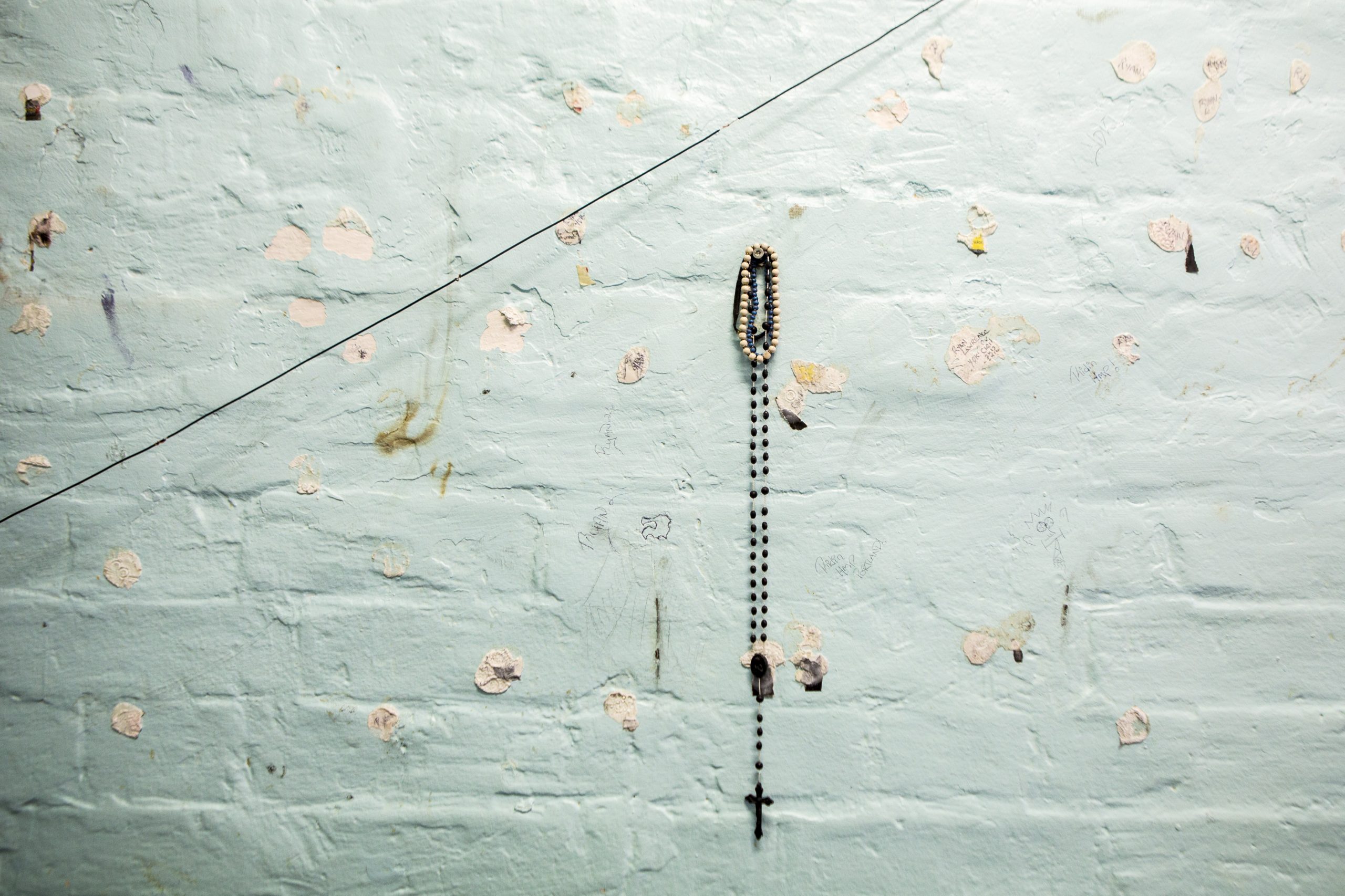The Appeal judges uphold conviction despite Crown disclosure breach

HMP/YOI Portland. Pic by Andrew Aitchison (©prisonimage)
The Court of Appeal has upheld the conviction of a man claiming to be wrongly imprisoned despite evidence being withheld during his original trial in breach of the Crown’s own disclosure rule. The appeal followed a referral by the miscarriage of justice watchdog, the Criminal Cases Review Commission after their investigation revealed ‘deliberate non-disclosure of information available to the police and the Crown’.
In 2007 Jason Garland was convicted of burglary, aggravated burglary and intent to cause GBH at St Albans Crown Court. The prosecution claimed that Garland together with another man Stephen Ruffolo broke into the Harvester Pub, Watford in the early hours of a Sunday morning and attacked with knives the couple who managed the pub. Ruffolo was arrested a week after the incident and, prior to sentence, named Garland as his accomplice.
Garland denied involvement in the offence claiming to have been at home with his girlfriend on the night. He pleaded not guilty but was sentenced to 17 years’ imprisonment. There was an unsuccessful appeal in 2010. The information uncovered by the CCRC and not disclosed came from two separate sources both suggesting another man, high on drugs, was involved in the robbery and, according to one account, that man seen in the company of a man of a description matching Ruffolo.
Garland’s lawyers were critical of the police and Crown Prosecution Service and argued that the evidence was withheld in bad faith. Giving judgment Lord Justice Lloyd Jones quoted Lord Hope in the Supreme Court case McInnes v HM Advocate [2010] UKSC 7:
‘The question which lies at the heart of it is one of fairness. The question which the appeal court must ask itself is whether after taking full account of all circumstances of the trial, including the non-disclosure in breach of the appellant’s Convention right, the jury’s verdict should be allowed to stand. That question will be answered in the negative if there was a real possibility of a different outcome – if the jury might reasonably have come to a different view on the issue to which it directed its verdict if the withheld material had been disclosed to the defence.’
The Court claimed that the undisclosed information was ‘highly suspect’. ‘While we consider that this material should certainly have been disclosed, we are unable to see that there is any basis for this allegation of bad faith,’ Lord Justice Lloyd Jones ruled. ‘… Notwithstanding the non-disclosure of this material, in breach of the obligation on the Crown to make proper disclosure, we have no doubt as to the safety of this conviction. The case against the appellant was not weak as is now suggested on his behalf. On the contrary his conviction was founded on a substantial body of evidence.’ The court noted ‘the careful work’ of the CCRC in referring the case.







